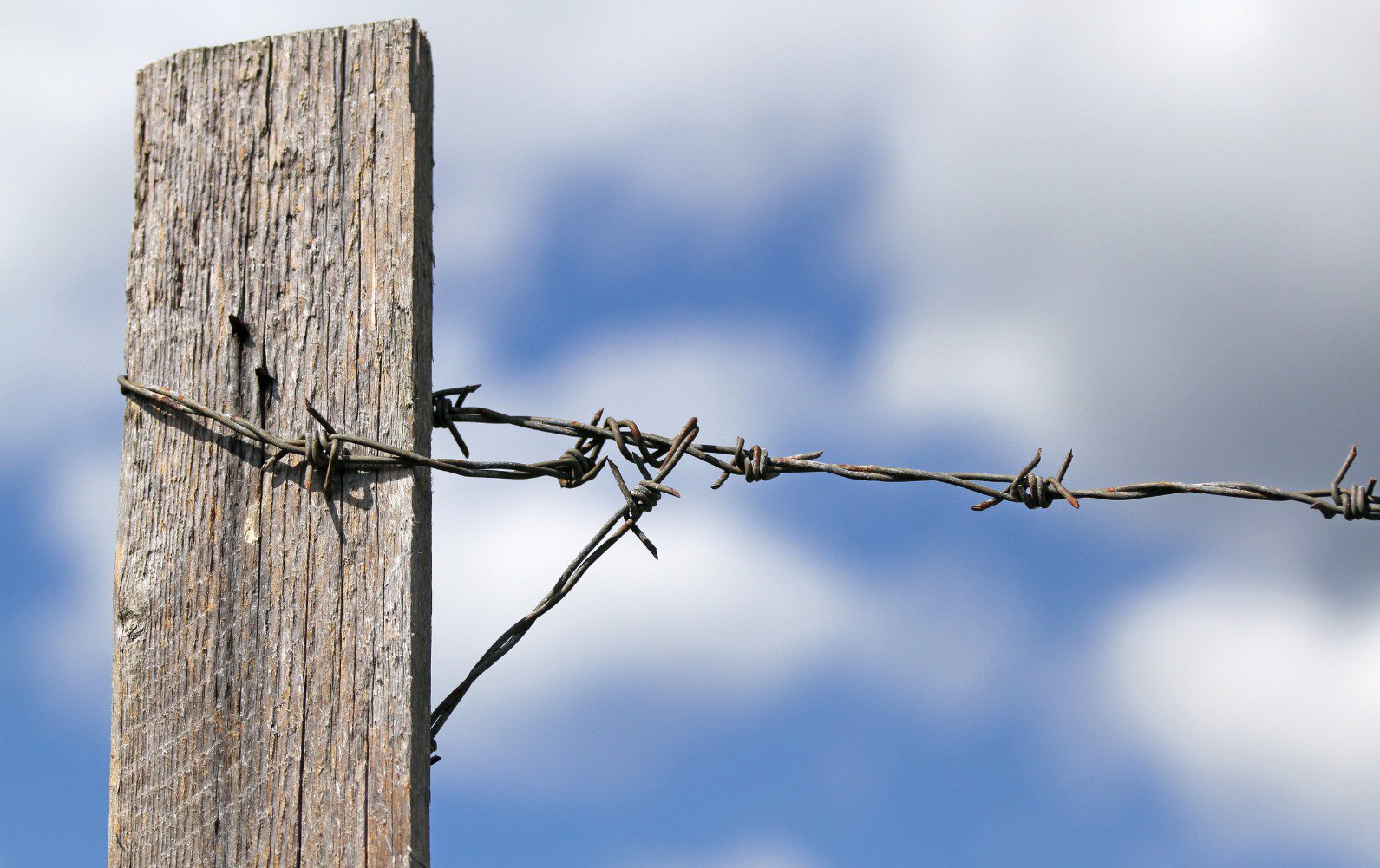The Exodus from Egypt is by now far more than a specifically Jewish historical memory; it is a cultural meme of the highest order. Cited by freedom crusades everywhere, from the Liberation theology advocates of Latin and South America to the Civil rights movement of the 1960’s, the quest for the promised land after the brutality of oppression is embedded in Western consciousness.
But an interesting thing happened on the way to the Seder; the realities of physical bondage became a distant and almost irrelevant part of the Jewish discussion. Certainly, there have been notable examples of imprisonment, forced labour and mass murder in the modern Jewish world, of which the Holocaust towers above the rest in stature and pain. But for many contemporary Western Jews, having been raised in conditions of relative comfort and prosperity, the idea of serfdom has largely been metaphorized – we are in thrall to our workplace; to our phones, to social media. Difficult or distressing at times? Sure. But akin to actual servitude? Hardly.
And yet in the midst of this shifting of the meaning of the core of the Haggadah narrative, we lose sight of the fact that actual slavery exists globally, in ways that are horrifyingly faithful to the original situation of the Jews in Egypt. Enslaving human beings is not just a relic of the ancient past or even of 18th and 19thcentury American plantations. Whether it is the kidnapping of women, who are then bought and sold into forced prostitution, or child soldiers forced into military service, some under the age of ten, or child brides who have no agency over their fates, treating people as property continues to be practiced around the world.
Although slavery rates are worse in certain countries than others—places like Haiti, Pakistan and India are notable in this regard—no country, including the United States, England and Canada, is free from the blight of, for instance, sex trafficking. According to the International Labour Organization, at least 40 million people are virtually owned by others right now around the world. Moderns like to think we have progressed far past the “primitive and barbaric” ancient world, with their gladiators and men in chains. But just like Biblical Egypt, which the Jewish philosopher Martin Buber described as putting “no greater value to the foot of the living human being than to the water-wheel which that foot turned,” contemporary men, women and children who are not protected by law and social values, end up being coerced and exploited.
It is striking how many people have commented about feeling “confined” during the pandemic. Certain phrases–“I feel like a prisoner”; “I’ve been cut off from seeing the people I love”; “I don’t know if my life will ever return to normal”; “I miss my freedom”–have been thrown around frequently in the past year. Like a funhouse mirror, such language echoes and distorts the discourse of actual slavery or forced labour, but the differences should be obvious to all of us.
For many of our fellow global citizens, slavery is not just something in their head, a mental construct, or even a temporary inconvenience, but rather a toxic and despairing combination of endless and compelled drudgery, physical humiliation and existential meaninglessness. The Haggadah informs us that the Jewish people “served the Egyptians בְּפָרֶךְ. [with “rigour” or “hard service”], a backbreaking labour that crushed the body and the spirit. The point of the work, beyond whatever utility it held for the Egyptians, was to destroy the Israelites’ will to believe that they had any agency at all in their lives or ever would again.
But beyond that, slavery means a total alienation from the work you are doing for others, as it can never, by definition, represent the life you chose to live or wish to pursue. The great 19thcentury Iraqi commentator Chacham Yosef Chaim, known by his pen name Ben Ish Chai, noted that “doing meaningless work, such as building a falling edifice, is the ultimate hard labor. Even a slave in bondage has satisfaction when he sees that his labor results in some purpose. But if he is told to draw water from the river and to pour it back, his labor will be a thousand times more difficult.”
What should this mean for Jews sitting down to their Seders in 2021? How do we get our families and our friends to relate to the long ago and far away feeling of the story of leaving Egypt? Partly the answers to these questions revolve around what it is we hope to accomplish with the evening. Is the Seder a glorified and rather lengthy version of a dinner party, with some quaint and exotic rituals mixed in, and lots of wine and song? A rudimentary attempt to discuss our obligation to the strangers in our midst, and our responsibility to tell truth to power? Or is it meant to truly probe issues about freedom and faith in the future, and of what constitutes a good life?
In a seminal modern novel that presented Southern bigotry and the aftermath of slavery in the United States, Harper Lee noted in To Kill a Mockingbird that “You never really understand a person until you consider things from his point of view… Until you climb inside of his skin and walk around in it.” Does that mean that in order for us to really appreciate and understand the Haggadah’s references to Israelite bondage that we need to volunteer for slavery? In some ways, the answer is surely yes, but perhaps that would not be the most practical approach to appreciating the problem…
So, in lieu of such a drastic step, we could do the next best thing, which is to educate ourselves about this ongoing disgrace, and begin to contribute to the solution. Our Seder tables would be a good place to start to discuss and share information about this global blight, which afflicted our ancestors so long ago, and yet, tragically, does the same thing to our neighbours today.
If the Haggadah is a kind of play, in which we are the actors and actresses, then perhaps we can learn the most about the human condition by acting it out. Just like Hamlet might teach us more about the perils of procrastination more than any amount of severe parental lectures, so too the Haggadah experienced as a kind of theatre, can instruct us about the slavery in our midst.


0 Comments